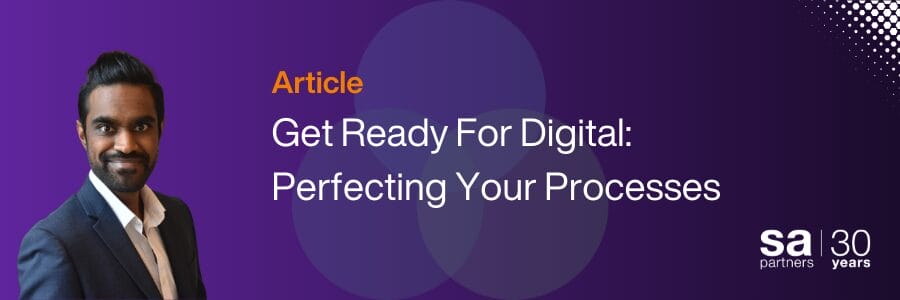Increasing the Maturity of Your Processes for Digital Transformation
Digital transformation holds the promise of revolutionizing organizational operations, yet many organizations fall into the trap of rushing the process. A common mistake is to leap straight to implementing new tools without first ensuring that the processes in question are mature enough to benefit from digitalization. This approach often leads to digitizing existing inefficiencies and variations, which undermines the potential benefits.
The Pitfalls of Rushing to Digitize
When an organization decides to transform a process digitally, the instinct is often to find and implement a digital tool quickly. However, most processes contain inherent variation and waste. For instance, if you have five different ways of performing a process based on region, customer, or product, you might end up digitizing all these variations, leading to a complex and inefficient digital system. Similarly, digitizing an inefficient process merely automates the production of waste.
The Importance of Process Maturity
To avoid these pitfalls, it is crucial to increase the maturity of your processes before digital transformation. This involves two key steps: standardizing and optimizing.
- Standardizing the Process:
- Identify Variations: Begin by examining your current process to understand the variations that exist. Determine which variations are necessary and which can be eliminated.
- Agree on a Standard: Work with stakeholders to develop and implement a standardized process that can be consistently applied across the organization.
- Optimizing the Process:
- Eliminate Waste: Once you have a standardized process, focus on identifying and removing inefficiencies. Streamline the process to make it as efficient as possible.
Benefits of a Mature Process
By taking the time to standardize and optimize your process before digitizing it, you set a solid foundation for digital transformation. This approach might slow things down initially, but it ensures that your digital tools enhance rather than exacerbate existing problems. A mature, efficient process is easier to automate and will deliver better results once digitized.
Conclusion
Digital transformation is more than just adopting new technology; it’s about enhancing your processes to make the most of digital tools. By increasing the maturity of your processes through standardization and optimization, you ensure that your digital transformation efforts are effective and impactful. This preparatory work sets the stage for a smoother, more successful digital journey, allowing your organization to reap the full benefits of digital transformation without digitizing existing inefficiencies.
Taking the time to prepare your processes properly not only improves the efficiency and effectiveness of your digital tools but also fosters a culture of continuous improvement and readiness for future innovations. So, slow down, get your processes right, and then digitize for maximum impact.

